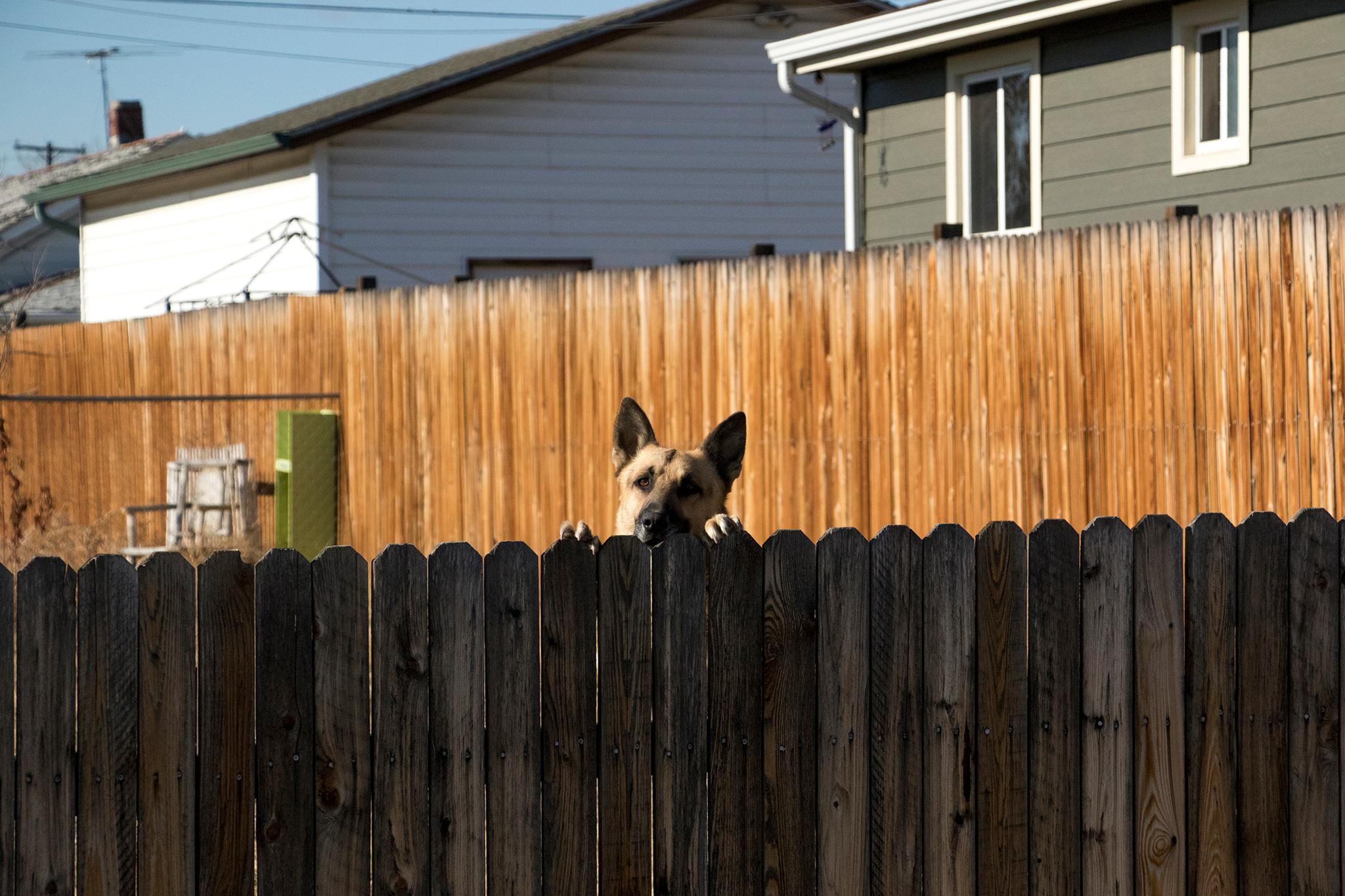
The Denver Dumb Friends League had its busiest week of the year for animal intakes over the three days following the Fourth of July, and it’s not alone.
Shelters around metro Denver generally see more animals around the July holiday than the rest of the year. Around the country, even, July is the busiest month for shelter workers.
“We all brace ourselves for July in animal welfare,” said Stephanie Wilde, the Adams County Animal Shelter's executive director.
The Fourth of July holiday itself is one reason. Shelter staff said many pets fear fireworks and escape from their yards or houses, and as families go in and out of their homes for barbecues or to watch neighborhood fireworks, people leave doors and gates open accidentally. The summer increase in house guests is also a contributing factor.
“When people are coming in looking for their lost pet they’re saying, ‘Oh, we had company over and someone left the gate open,’” Wilde said. “We hear that scenario a lot.”
Nationally, the reasons for the increase are more mysterious, but Pia Silvani with the American Society for the Prevention of Cruelty to Animals said an ASPCA survey shows July is the busiest month for shelters across the country.
In Denver this year, the Dumb Friends League received 55 cats and dogs from July 5-7 at their two shelter locations, which is a a few more animals a day than the 16 strays they see per day on average.
The Denver Animal Shelter has also seen the same trend over time. In 2016, July 5 was their single busiest day of the year with 30 stray dog intakes. In 2017, July was their busiest month: 87 stray dogs came in the door between July 5 and 6 that year.
The annual uptick in July belies the larger trend in animal shelters, though. Intakes at the Denver Dumb Friends League, the Denver Animal Shelter and other shelters across Colorado have steadily decreased for years.
Jill Brown, community partnerships manager for Denver Animal Protection, said Colorado has been progressive in terms of animal welfare.
“Decades of spay/neuter, microchipping and general animal welfare conversations have had their impact on responsible pet ownership leading to there being less animals loose,” Brown said in an email. “The Denver-metro also has essentially no feral dog population.”
Even though shelters are seeing fewer stray animals, it still happens and there are things pet owners can do to prevent the loss of their pet and ensure a safe and timely return. Wilde recommends owners get their pet both a microchip and a collar with a tag. If a pet goes missing, she recommends hanging posters and checking all local shelters. Wilde also said to never assume that a pet will be unable to escape — they may surprise you.
“Even the most best and loving pet owners can have an animal get loose,” Wilde said.









